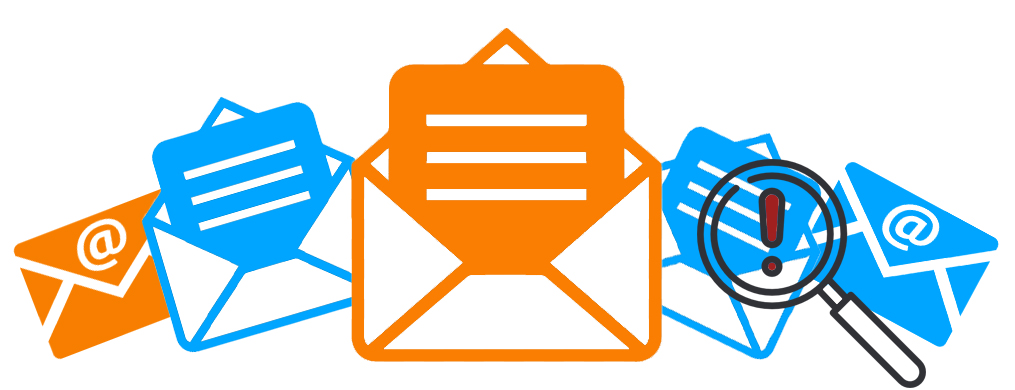As much as companies try to foster a culture of positivity in the corporate environment, put all sorts of system limitations in place, and emphasize strict company policy to keep employees from engaging in things they shouldn’t be doing, fraud still goes on, and it is rampant, hence the demand for email monitoring. Monitoring staff emails is not only beneficial to a company from a security and DLP perspective, but also for the purposes of employee efficiency. Sadly, fraud is far more common than you probably believe, and it is typically very far along by the time the perpetrators are found out.

Email monitoring software comes extraordinarily in handy when a company suspects that an employee may be involved in stealing company assets or compromising it by making sensitive information available to third parties. Other phenomena that can be identified which are more harmless yet worth improving include poor working relationships or communication issues within the team. Email monitoring software can help you quickly examine whether a particular employee is taking a long time to respond to another one’s urgent letters. This serves to augment both compliance with policy and dramatically smooth out processes. Discovering suboptimal or inappropriate activity can also more quickly tell you if you have an unhappy, rogue team member and allow you to take action or cut off their access before they have a chance to engage in any rash activities.
REDUCE HUMAN ERROR RISK AND FRAUD VIA EMAIL
Email monitoring software for business records every aspect of ongoing email operations down to the most minute detail. Every detail of every email is examined to give you the clearest picture of what your employee is up to as possible. Email monitoring tools can record the worker’s entire session, tell you what attachments your employee is sending, and indicate how long he or she is spending on reading those attachments or typing messages. Automatic alerts of when your employee is sending emails to private accounts or shady hosts also come in handy while incoming and outgoing messaged are stored automatically by the program. Companies can set up the software to alert management in the case that particular recipients, content, email features, phrases, and types of content are exchanged and well as when company policy is violated with respect to DLP, funds allocation, or performance.
Monitor content of your corporate email
Studies show that around 43% of employers do utilize e-mail monitoring. Although employees definitely have privacy rights, they are much fewer than the typical person’s using email at home. Work e-mails are private, not public. Monitoring these e-mails serves a legal purpose as well. Some of the messages employees send may cause a lawsuit and in the case that happens employers will need to have a copy of the e-mail available. Indeed, companies may be required to search these emails. In the case that a sexual harassment lawsuit is brought up, the company will need the entire e-mail history to provide the judge the evidence from the entire interaction to be able to make a proper ruling.
SearchInform uses four types of cookies as described below. You can decide which categories of cookies you wish to accept to improve your experience on our website. To learn more about the cookies we use on our site, please read our Cookie Policy.
Necessary Cookies
Always active. These cookies are essential to our website working effectively.
Cookies does not collect personal information. You can disable the cookie files
record
on the Internet Settings tab in your browser.
Functional Cookies
These cookies allow SearchInform to provide enhanced functionality and personalization, such as remembering the language you choose to interact with the website.
Performance Cookies
These cookies enable SearchInform to understand what information is the most valuable to you, so we can improve our services and website.
Third-party Cookies
These cookies are created by other resources to allow our website to embed content from other websites, for example, images, ads, and text.
Please enable Functional Cookies
You have disabled the Functional Cookies.
To complete the form and get in touch with us, you need to enable Functional Cookies.
Otherwise the form cannot be sent to us.

Subscribe to our newsletter and receive a bright and useful tutorial Explaining Information Security in 4 steps!

Subscribe to our newsletter and receive case studies in comics!